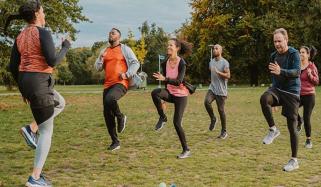
A recent study did a comparison between the benefits of cold plunge, a practice of immersing oneself in cold water and a hot bath.
Sports personalities often take more icy baths, but study conducted by the Integrative Physiology of Exercise Conference at the University Park, Pennsylvania revealed that athletes perform better when soaking in a hot tub rather than a cold one, particularly during breaks in their workout.
The study’s lead author, Mamoru Tsuyuki, a master’s student in sports and health science at Ritsumeikan University in Shiga, Japan stated that intense exercise damages muscle fibres and hot water helps increase blood flow, which supports muscle repair and strengthens them as well.
Tsuyuki told NBC News in a Zoom call, noting, “Also increasing muscle temperature is going to help improve power output.”
He added, “When you need to perform twice in the same day, such as in sports that have a halftime, heat is better. During the 15 or 20 minutes, if you can immerse yourself in hot water, you can probably perform better in the second half.”
To better understand the effect of hot and cold soaks, Tsuyuki and his team gathered 10 young men to participate in a three-part study.
Their study concluded with the result that both hot and cold baths can help in recovery, but their effectiveness depends on individual preferences.
Hot water improves blood flow and muscle recovery, whereas cold water may help with inflammation but can tighten muscles.















